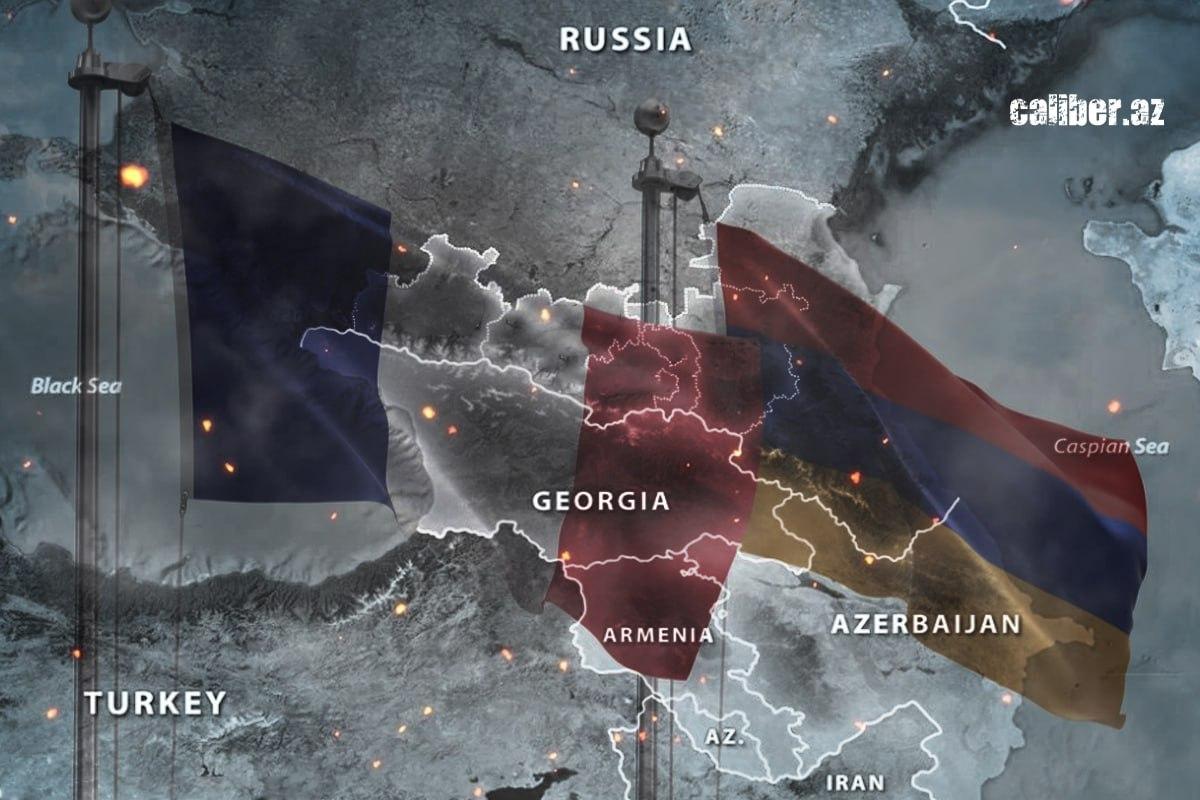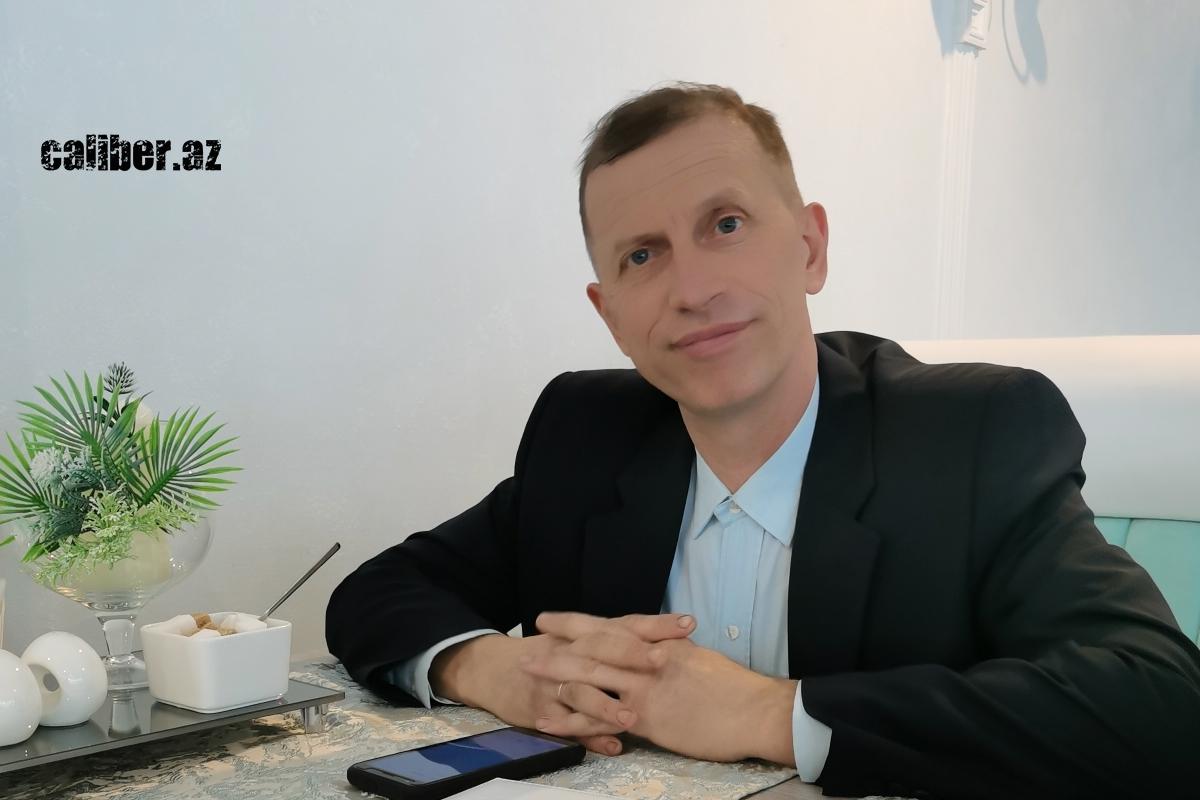France seeks revenge on Russia over its growing footprint in Africa Paris uses Armenia as bargaining chip
The recent statements by Armenian Prime Minister Nikol Pashinyan in Munich have not only confirmed his overtly pro-West stance but have sparked a new round of anti-Russian sentiments in Armenia. According to the daily "Hraparak", Pashinyan's trip to Munich has triggered a new wave of anti-Russian sentiment in Armenia, which may lead to the ultimate destruction of the already fragile Armenian-Russian relations and the expulsion of Russia from Armenia.
It is worth noting that the anti-Russian attitude in Armenia has significantly intensified since Nikol Pashinyan came to power in 2018. Failing to win the Second Karabakh War in 2020 further exacerbated this in Armenia. There is a strong belief in the country that the loss of the war with Azerbaijan was mainly due to a lack of support from Moscow. Accordingly, Russia is seen as the main culprit behind all Armenian misfortunes.
The open interest of the West, especially France, in Armenia also fuels anti-Russian sentiment. There is a high probability that anti-Russian sentiments are created with the help of Paris, considering that France is the main initiator of Armenia's turn towards the West. Lest we forget, France has its old scores to settle with Russia over competition in Africa. Moscow is actively helping African countries in their efforts to rid themselves of centuries of French colonialism. It is therefore important for Paris to have a foothold in the South Caucasus, which has traditionally been a zone of Russian interests.

Moscow, which keeps a close eye on the internal political processes in Armenia, has repeatedly stated that the anti-Russian sentiment in Armenia is being imposed from the outside. Last October, for example, after another wave of discontent with the Kremlin's policy in Armenia, Russian Foreign Minister Sergei Lavrov said that anti-Russian sentiment in the country was being artificially fuelled. The Russian minister said that Moscow was well aware of the number of non-governmental organisations that had been established in Armenia in recent years.
"Yes, there were quite a few of them before. These organisations are not created to promote friendly relations between Armenia and Russia. On the contrary, they are aimed at creating the ground for anti-Russian sentiments and preparing the promotion of the interests of primarily the US, European Union and NATO countries in this region through Armenia," Lavrov said, stressing that Moscow sees all these attempts. At the same time, he expressed his deep conviction that the overwhelming majority of the Armenian people want to maintain their relations with Russia. This is the main thesis traditionally put forward by the Russian Foreign Ministry. It reminds Armenia's Western patrons that Russia has its finger on the pulse.
On the other hand, it is obvious that despite Armenia's demarches towards Russia, Moscow is trying to maintain a balance in its relations with its outpost, regularly reminding it of bilateral strategic interests in the region. In an interview with RIA Novosti last month, Russian Ambassador to Yerevan Sergey Kopyrkin made similar remarks. Noting that Russia's and Armenia's strategic interests converge, he pointed out that relations between the two countries continue to be characterized as allied.
It is also worth noting that, despite Moscow's obvious concern about the growth of anti-Russian sentiment in Yerevan and the West's attempts to "separate" Armenia from Russia, the Mother See continues to state that Armenia, as an independent state, has the right to determine its foreign and domestic policies and that it will not interfere in this process. Formally, this can be seen as Russia's message to the international community that it does not interfere in another state's internal affairs, despite Armenia's outpost status.
Incidentally, experts in Russia also share this opinion.

Commenting on the growth of anti-Russian sentiment in Armenia, leading analyst of the Association for Cross-Border Cooperation, Russian expert Sergei Borovikov told Caliber.Az that this is the result of the systematic policy of Europe, and first of all France, as the main affected country as a result of the events in Africa, supported by Russia. That is why Paris is craving revenge, and it is Armenia that has become the platform for this revenge.
"However, in addition to the institutional elements, there is also the long-standing policy of Soros and related structures, which are shaping anti-Russian sentiments in Armenia, as they have been doing for many years in Ukraine. We are all witnesses to the results of this policy. In this sense, Armenia has a very sad outlook. It also has an unenviable geographical position: on the one hand, Georgia, which is improving relations with Russia; on the other, Azerbaijan, with which it has very poor relations, to say the least; and, indeed, the borders with Iran and Türkiye, which give it little," the analyst noted.
He went on to say that a further cooling of relations with Russia, as soon as it becomes an economic one, will lead to a cut-off of energy supplies and a collapse of Armenian exports, especially agricultural products. And once that happens, perhaps at least some reasonable forces in Armenian society, linked to the real economy, will awaken from their lethargic slumber and somehow make sense of totally inadequate politicians in the grip of incomprehensible imaginary constructions.
"As for expelling Russian business from Armenia, this is unlikely to happen, given that it is mostly represented by ethnic Armenians operating in Russia. And it would be strange even for Armenia to expel itself from Russia.
I can say that the situation will most likely be frozen for a certain period regarding Armenia's withdrawal from Eurasian structures. However, there will be a struggle over the Russian military base in Gyumri. From today's perspective, the more Russia keeps its bases away from its territory, the less influence Russia has over Ukraine. So, to some extent, the withdrawal of this base from Armenia is going to deteriorate the local position of Russia in the region, but it is going to provide it with additional resources, which the West is in no way interested in," Borovikov said.








